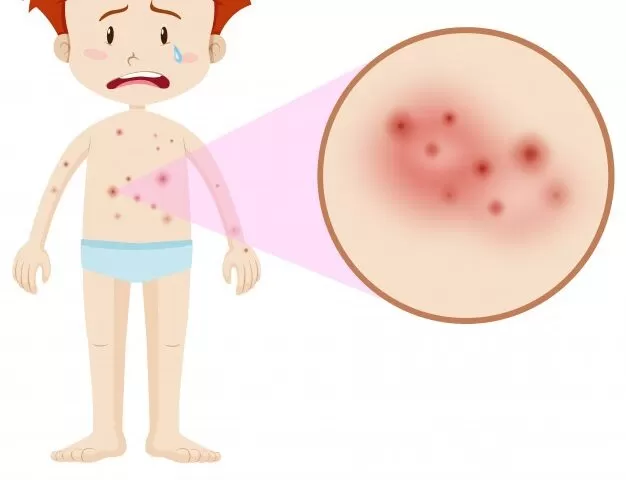Symptoms associated with allergies and the common colds are easy to mix up without a diagnosis. If you notice that during seasonal changes or in certain situations, you suddenly have a runny nose and watery eyes, go to the doctor. Find out more tips about dealing with allergies by reading this article.
To keep pollen at bay, you should wash your bedding every few days, and pollen can gather on you and your clothing from outside and be brought inside. If it gets on your sheets and bedding, it can cause an allergic reaction overnight, and you will get less sleep than usual.
Get rid of carpeting and avoid using rugs. Carpet never becomes clean, and dust, mites, dander, and pollen cling to the fibers. Stick to flooring that is easily swept and mopped.
You really should not be engaging in yard work if you have allergies. No matter how much it is needed, you may enjoy it. Mowing, raking, and pruning will expose you to many allergens. The trade-off is those tasks with another family member, roommate, or friend who can help you avoid working too much in the yard.
At least once per week, wash all sheets and pillowcases with hot water to eliminate dust mites, dead skin, and other common allergens. If at all possible, wash your comforter or quilt, as well. If you have sensitive skin, opt for detergents or dryer sheets free of dye and fragrance.
You may have installed wood, laminate, or tile flooring to reduce allergens in your home, but if you use throw rugs, they need to be laundered weekly in warm, soapy water to keep them free from dust, pollen, and other allergy culprits. If they aren’t machine washable, have them dry-cleaned frequently. It will be worth the cost!
If you suffer from seasonal allergies, a good place to start would be to try over-the-counter medications. Be sure to choose the medication for your specific type of allergy. If you are unsure, some medicines treat all different types of allergies. Always be sure to follow the directions on the package.
To escape the symptoms of allergies quicker, change your clothes and take a shower after being outside. All kinds of allergy triggers remain in hair, skin, and clothing long after you’ve come inside, so scrub them off, shampoo them out and toss the exposed clothing in a place where you won’t breathe back the allergen particulates.
If you like to go running but suffer from allergies, avoid windy days and go for your run later in the day. Wind tends to cause pollen to fly around. Also, the later hours of the day are when pollen is not as high as other times.
Store trash outdoors. Trash cans in the home, especially in the kitchen, can attract insects and rodents. Mice droppings can make allergy symptoms worsen. If rodent issues persist, perhaps you should set traps inside the house. If that doesn’t work, consider poison.
Remove houseplants from your home. Houseplants can be a breeding ground for mold that triggers allergies. If you must have houseplants in your home, remove any leaves that have mold on them. It would be best if you also were sure that you avoid letting water sit in the tray after watering your plants.
If you can spare the added expense, hire another person or a professional lawn care service to cover your landscaping needs. The acts of mowing, raking, and weeding can stir up an immense amount of mold, pollen, and dust, making you more vulnerable to an allergy attack.
Know whether you have a cold or an allergy. Allergies usually feel pretty like a mild cold that can improve or worsen for no reason, and they might last for an extended period. Allergies may well be to blame if you experience cold symptoms repeatedly without any apparent cause. Talk with your physician about how you feel if you are not sure.
Shower and change your clothes before going to bed every night. Be sure to shampoo your hair thoroughly. This will eliminate the buildup of allergens you acquire throughout the day. This also helps from the spreading allergens, like dust and pollen, to your bed and making allergy symptoms worse overnight.
One way to keep allergies under control is to make sure that you clean up any messes around your home. This is important because piles of clutter will be home to many allergies-causing items such as dust mites and mold. Be sure to keep your home nice and tidy.
Make wise choices in flooring and decorations for your home if you suffer from allergy symptoms. You can help eliminate pollen and other airborne allergens in your home by choosing hardwood or ceramic tiles floors. You can also help keep the allergens in your home down by eliminating throw pillows and knickknacks that gather dust.
Consider changing your diet. Often, people are allergic to more than one thing. When they cut out one allergen, they can deal with the others better. You may not think you have a food allergy, but try cutting out the common culprits, such as gluten and dairy. You might feel much better.
One way to keep allergies under control is to clean your bed sheets every week. This is important because many airborne allergies and items that you track can harvest in your bed. You do not want to be exposed to these items, especially with time spent in bed.
Try hiring a pro to seal air leaks where allergens can enter. Pollen and pests are common allergens that can enter the home through unsealed cracks. A skilled professional can repair cracks to no longer pose a risk.
At the beginning of the article, it’s easier to deal with allergies effectively if they’ve been correctly diagnosed. After knowing what triggers your symptoms, you can avoid these triggers and use several methods to clear up symptoms. Remember the tips in this article so you can stop sneezing!




